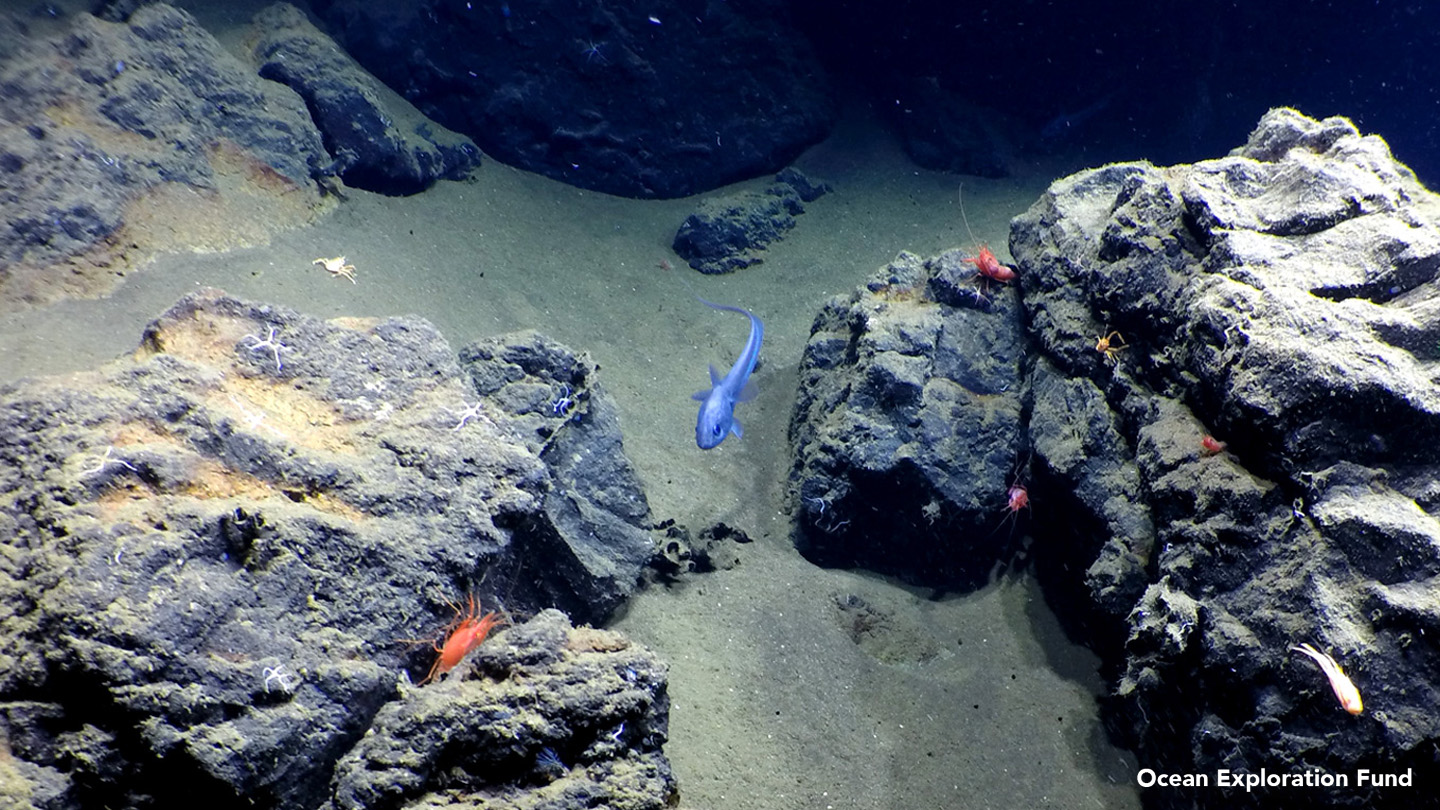Approach to the problem

Oceans are the largest component on the planet. Oceans are fundamental to life keeping the climate stable and thus generates well-being to society. The ocean drives change and variability in nation’s climate system influencing the occurrence of rain and desertification (CONAGUA, 2019). In Mexico one of the biggest risks and vulnerabilities in the coastal zone are hydrometeorological in nature which is related with the extent of the oceans and the processes that take place in the atmosphere-ocean interface at Mexico’s latitudes. Similarly, the loss or scarcity of marine products by climate change can trigger nutritional and energy crises that can lead to poverty, violence and promote, among other factors, the migration of the affected populations (UNESCO, 2017). Consumption and production patterns in Mexico generate high waste and litter production and the input of diverse pollutants that enter the ocean, directly or indirectly, and that have an impact on ecosystems, on species and, ultimately, people living in the coastal area.
The first global ocean assessment (WOA, 2016) recognized the loss in biodiversity that has led to changes in function and marine ecosystem services in benefit of communities. The impact of multidecadal sustained human activity on the coastal ecosystems and recently in the deep sea requires action to minimize it. Investment in education and ocean culture, which is currently non-existent, will make people aware of the benefits offered by the oceans. It is with knowledge that society will be sensitive of the ocean’s importance, and in the case of Mexico it will have a role in better finance for ocean sciences.
The ocean unifies therefore we share the responsibility to keep oceans healthy for human wellbeing. The Objectives of Sustainable Development, the Paris Agreement and the Samoan Trajectory ask for informed decision making and envisage a better access to ocean’s information (Sustainable Development Goal 14). Education with values and actions will transform society’s view and seek to achieve a sustainable use of marine resources.
References:
CONAGUA. 2019. Reporte del Clima en México. Julio 2019 Año 9 Número 7: 3-33.
UNESCO. 2017. Global Ocean Science Report—The current status of ocean science around the world, L. Valdés et al. (eds), UNESCO Publishing, Paris. 227pp.
World Ocean Assessment I. 2017. The First Global Integrated Marine Assessment. United Nations. Cambridge University Press. 973pp